News: research
Negative impacts of cannabis use during pregnancy
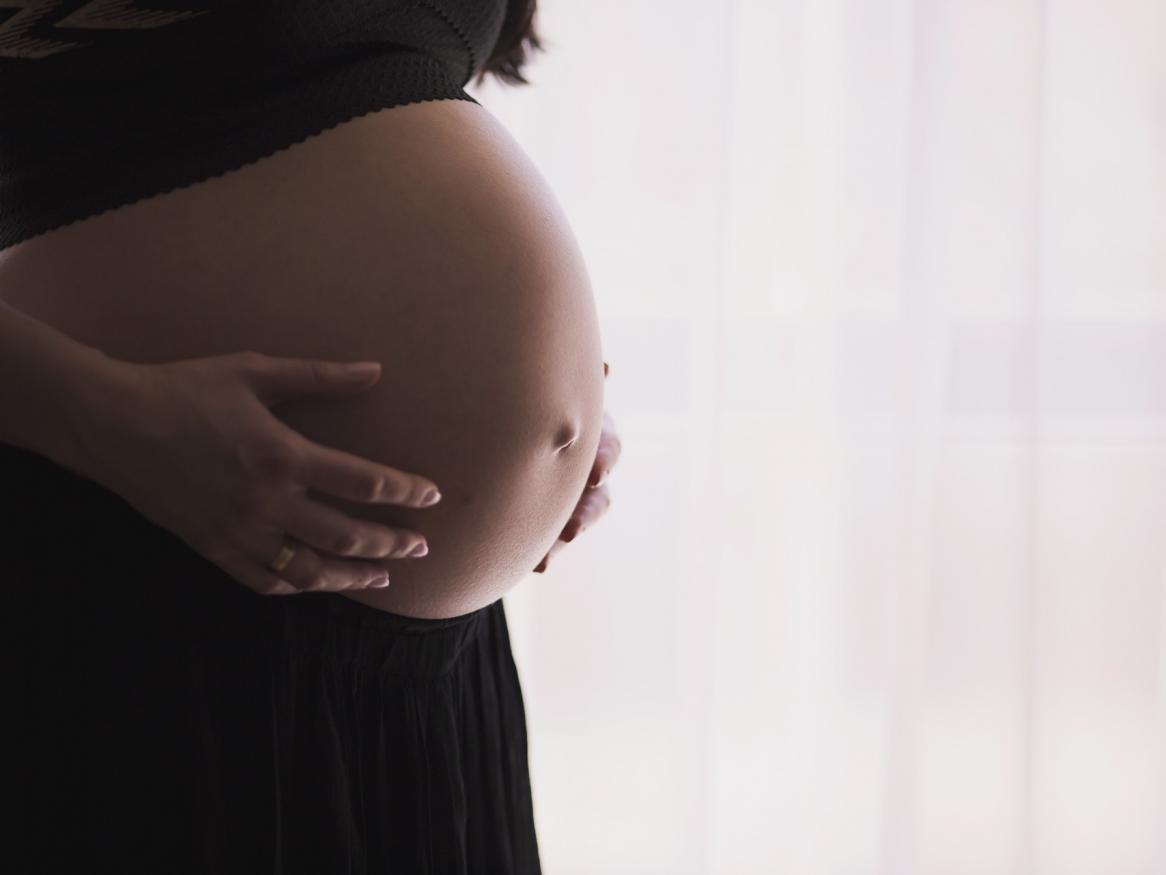
The use of cannabis during pregnancy leads to poorer health outcomes for babies, according to research from the University of Adelaide’s Robinson Research Institute. The study found that continued use of cannabis at 15 weeks of pregnancy was associated with significantly lower birthweight, head circumference, birth length, and gestational age at birth, as well as with more frequent severe neonatal morbidity or death.
[Read more about Negative impacts of cannabis use during pregnancy ]
The University of Adelaide stands strong globally
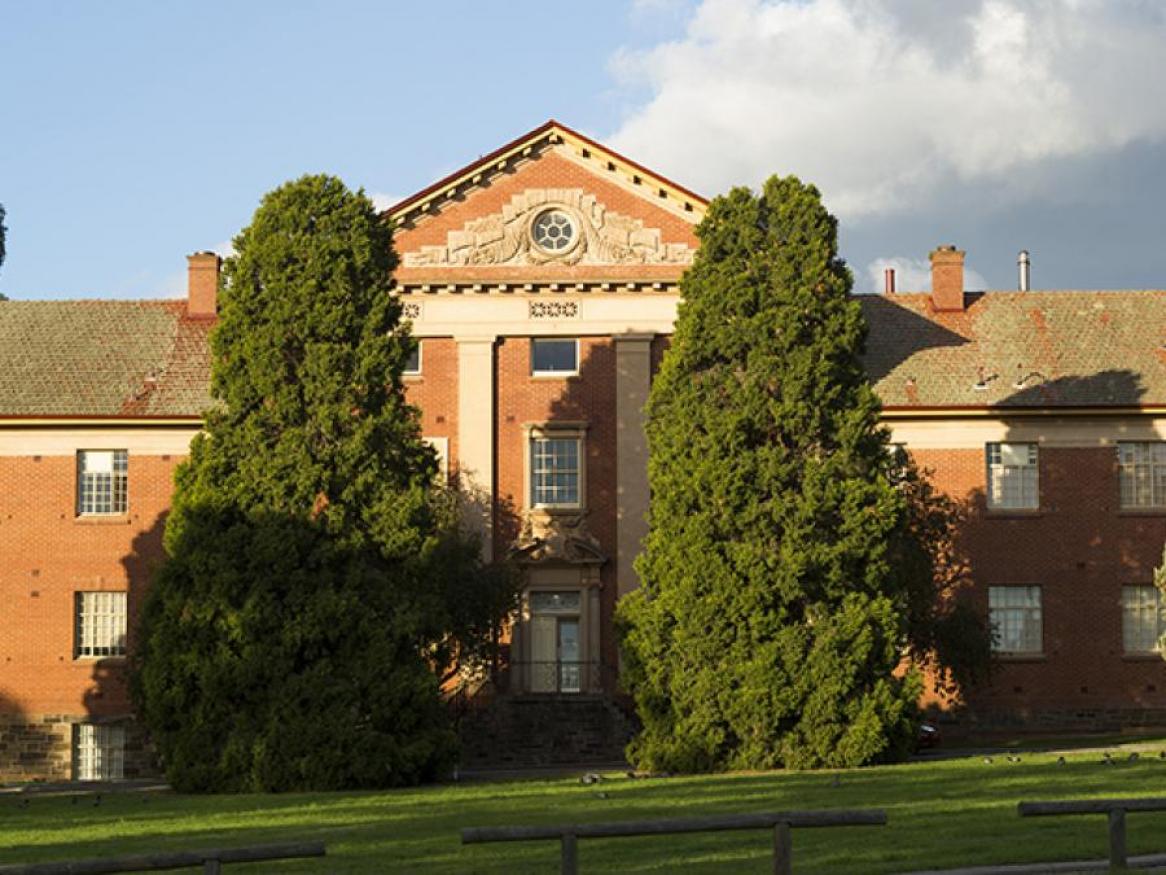
The University of Adelaide has reasserted its position in the 2021 QS World University Rankings, placed firmly in the top 1% of world universities, with a ranking of 106, released today.
[Read more about The University of Adelaide stands strong globally ]
COVID-19 research to inform housing policy
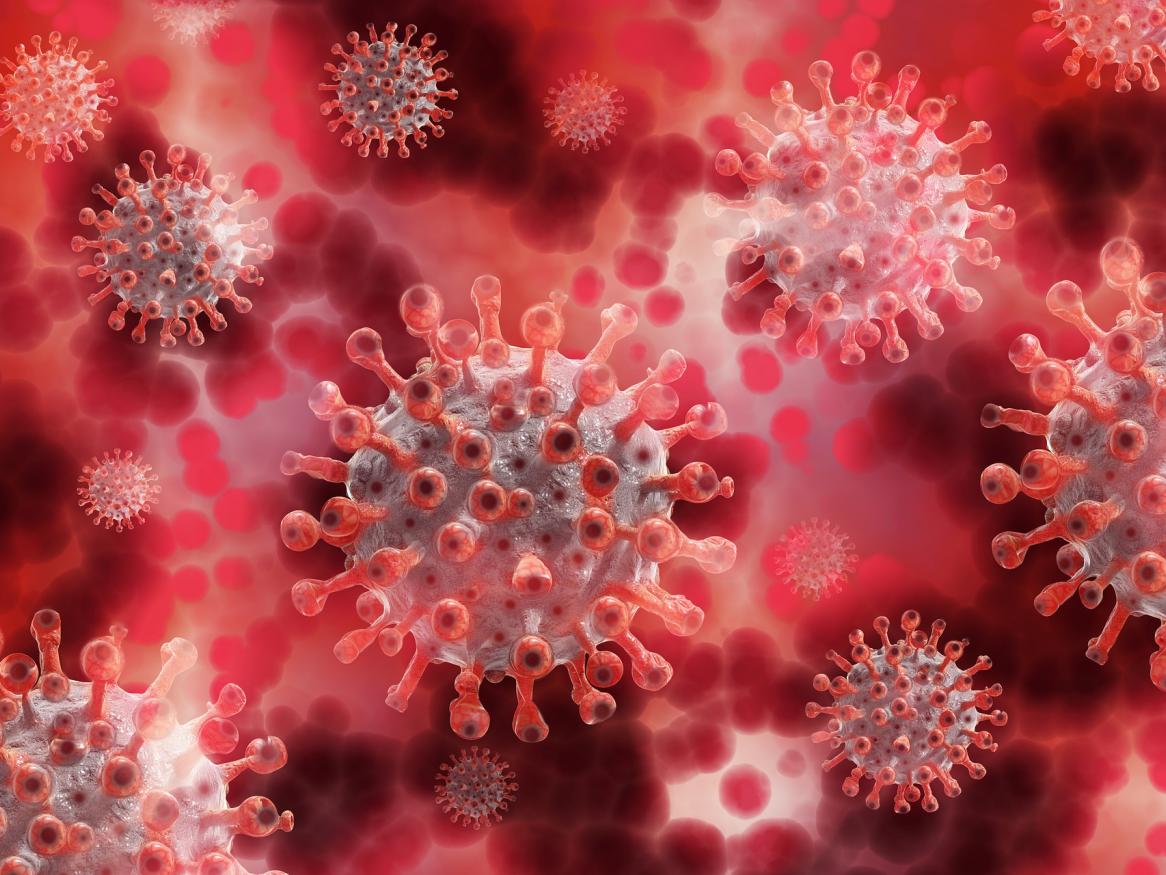
The University of Adelaide is leading two rapid response research projects to help governments at all levels make the best housing policy decisions during and following the Coronavirus pandemic. The projects are part of the Australian Housing and Urban Research Institute’s (AHURI) COVID-19 Research Agenda.
[Read more about COVID-19 research to inform housing policy]
Link between rising use of antidepressants and youth suicide

New research from the University of Adelaide and Curtin University and has shown rates of antidepressant use and suicide by young Australians have risen sharply since 2009, raising concerns about the safety of current treatment practices, and the veracity of advice from Australian suicide prevention experts.
[Read more about Link between rising use of antidepressants and youth suicide]
$3 million for congenital heart disease research
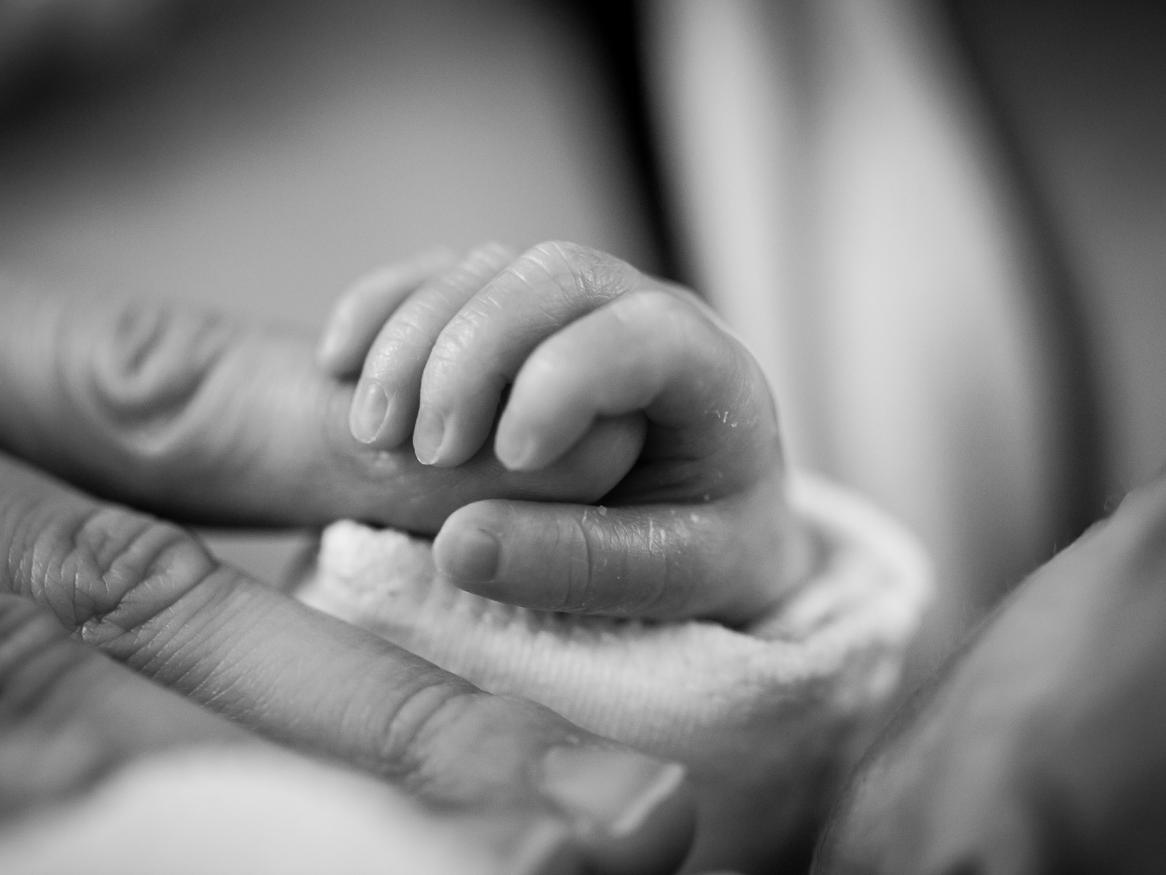
More than $3 million has been awarded to the University of Adelaide’s Robinson Research Institute to identify the predisposing conditions and potentially modifiable factors that can substantially reduce the risk of congenital heart defects. The funding is from the Federal Government’s Medical Research Future Fund’s (MRFF) Cardiovascular Health Mission to boost research into heart disease and stroke. The funding will allow further critical research on understanding the range of factors that contribute to congenital heart defects affecting the lives of many children.
[Read more about $3 million for congenital heart disease research]
$300,000 to University of Adelaide for diabetes research
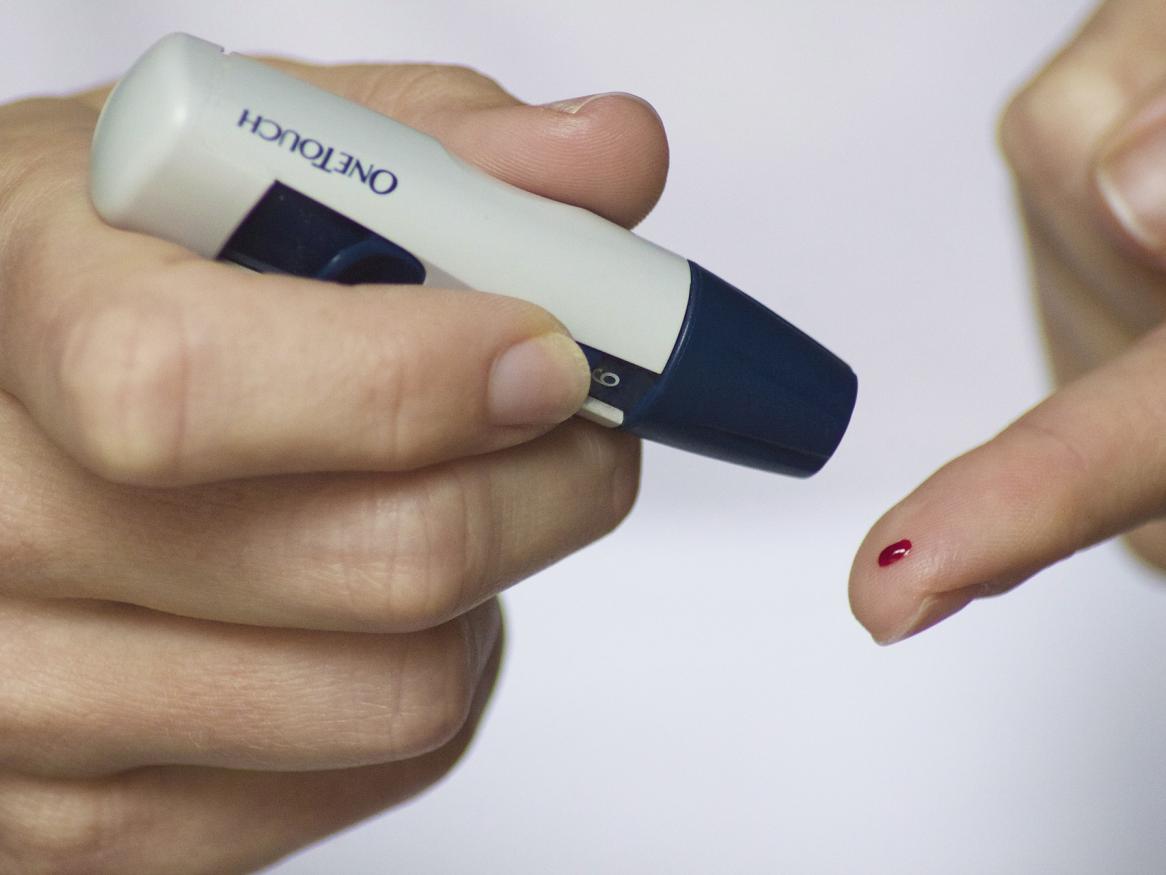
The Diabetes SA Research Grants Program has awarded $300,000 in funding, all to researchers from the University of Adelaide. The grants program, which launched in 2018, funds research into diabetes detection, prevention and management. Without significant change it is estimated that 642 million people will have diabetes by 2040.
[Read more about $300,000 to University of Adelaide for diabetes research]
Evolution of colour vision in sea snakes
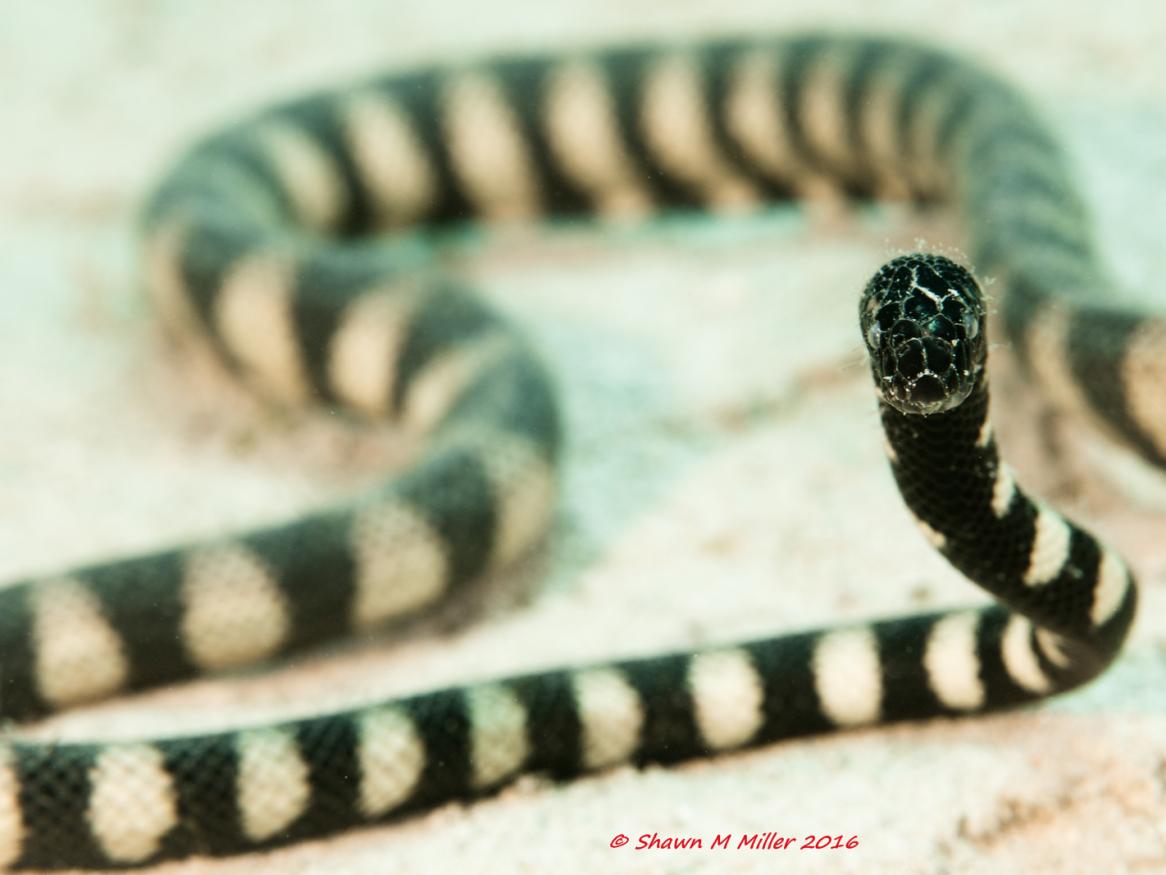
New research has revealed the evolution of colour vision in front-fanged snakes following their transition from terrestrial to fully marine environments, and for the first time, provided evidence of where, when and how frequently the species have adapted their ability to see in colour. The research suggests sea snakes’ vision has been modifying genetically over millions of generations, enabling them to adapt to new environments and meaning they can continue to see prey – and predators – deep below the sea surface.
$10.6 million in crucial health and medical research
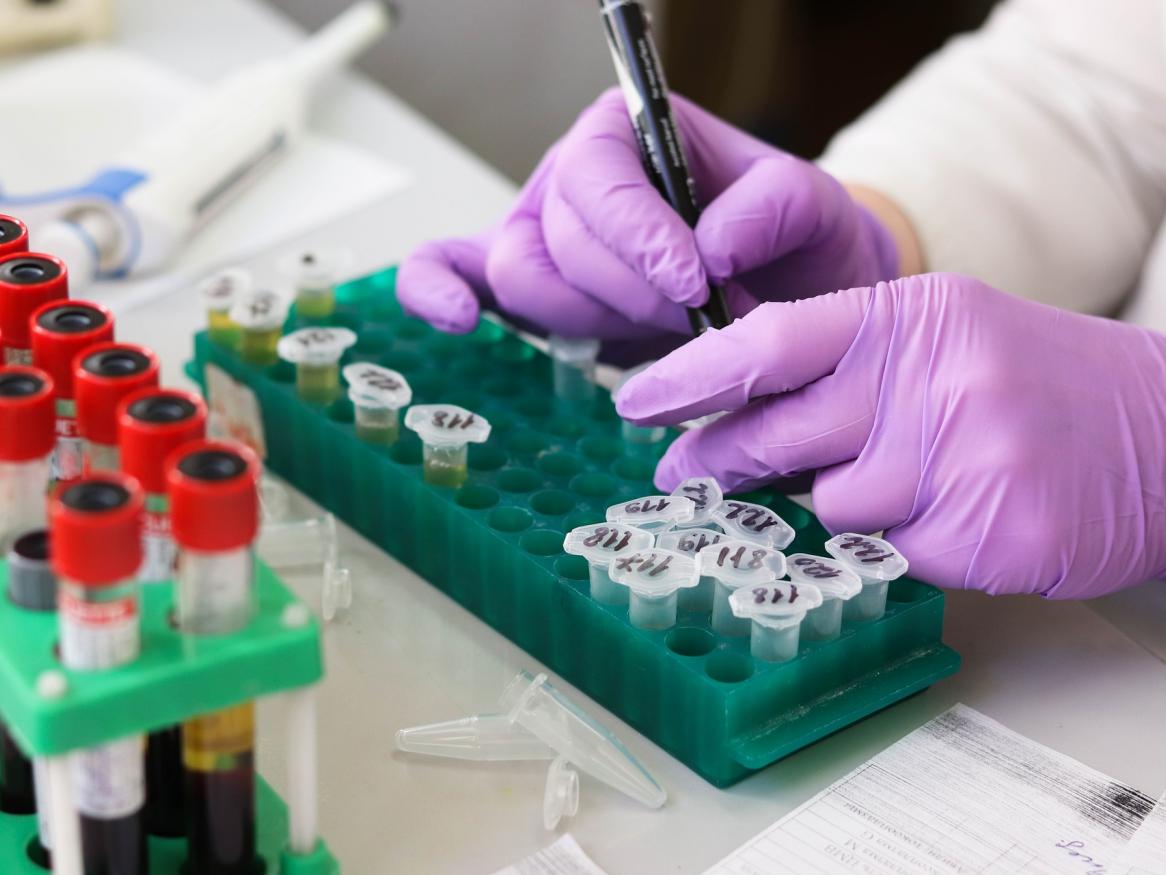
The University of Adelaide has been awarded $10.6 million for seven research projects to investigate issues such as immune disorders impacting on pregnancies, the over-consumption of unhealthy foods and beverages, and how to assist women to lose weight before conceiving. The funding is through the National Health and Medical Research Council (NHMRC) 2021 Investigator Grant program, which invests in world-leading health and medical research projects to improve lives
[Read more about $10.6 million in crucial health and medical research]
Understanding behaviour around food waste
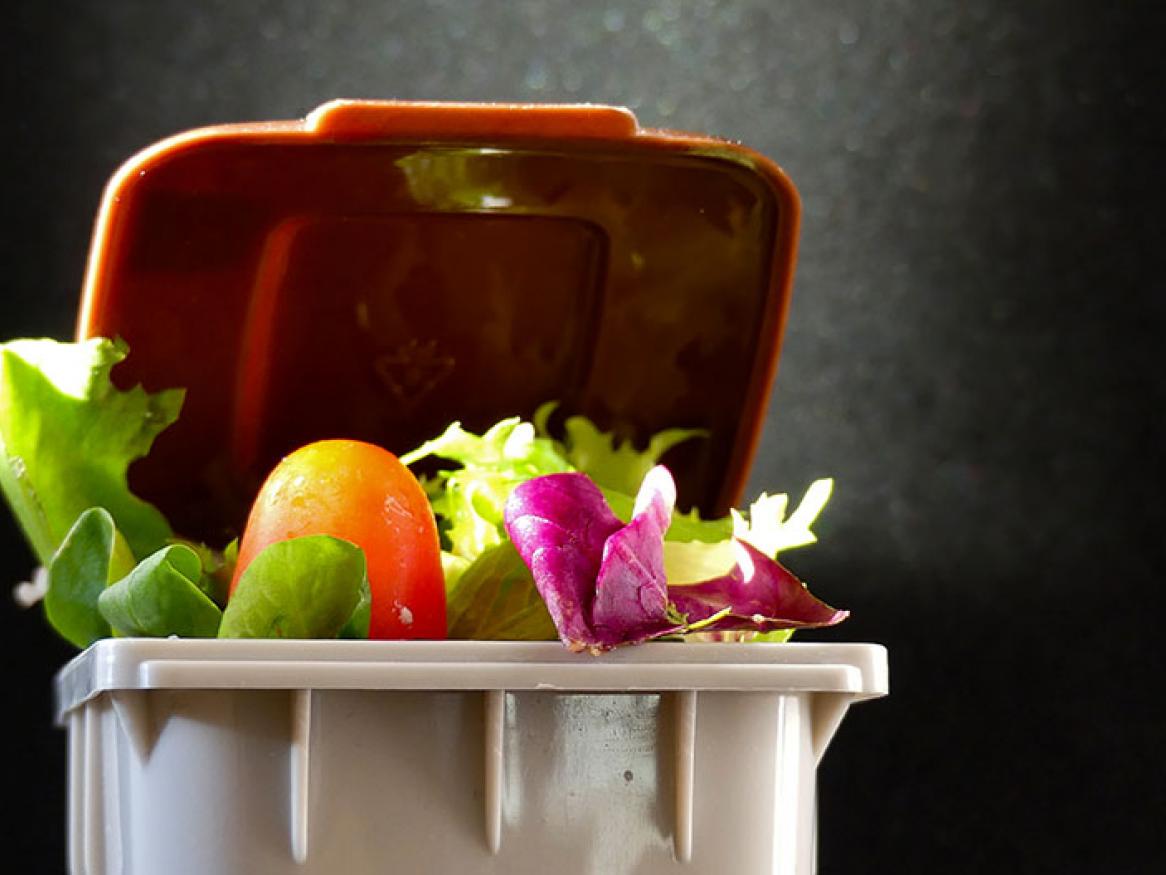
A new research project aims to understand household behaviours around food waste in order to reduce the amount of food sent to landfill. It will promote a circular economy where the nutrients from food waste go back into the compost industry, and ultimately save greenhouse gas emissions from damaging our climate further when food waste rots in landfill.
$7 million investment to unite genomics research in SA
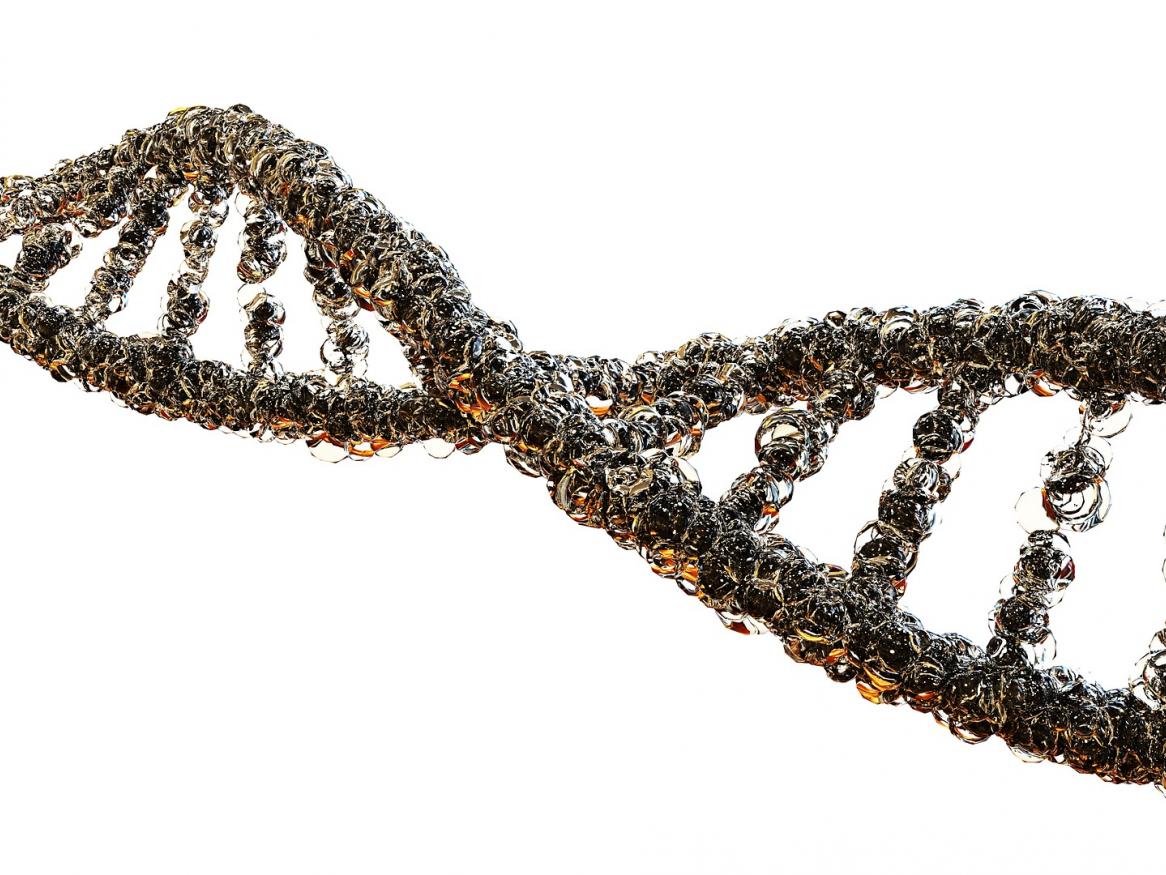
Research institutes across South Australia are combining their expertise and resources to establish a state-of-the-art centre for genomics in SA. The South Australian Genomics Centre will open its doors on 1 July 2020 thanks to an investment of more than $7 million, including $2 million from Bioplatforms Australia through the Australian Government’s National Collaborative Research Infrastructure Strategy.
[Read more about $7 million investment to unite genomics research in SA]
